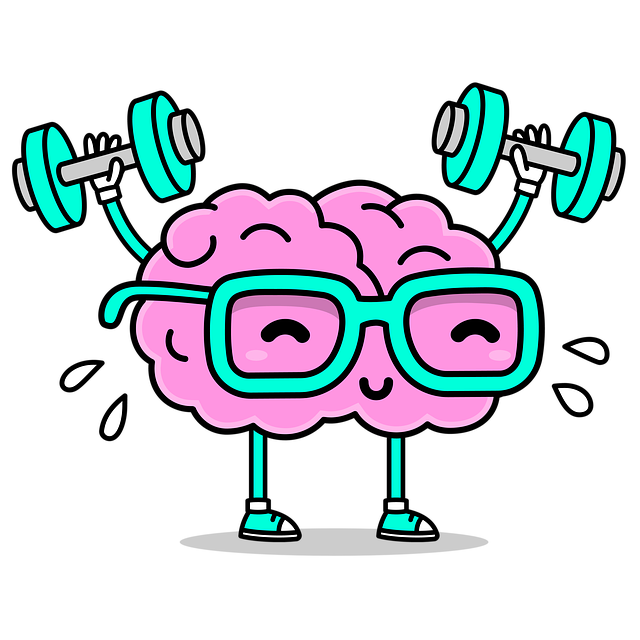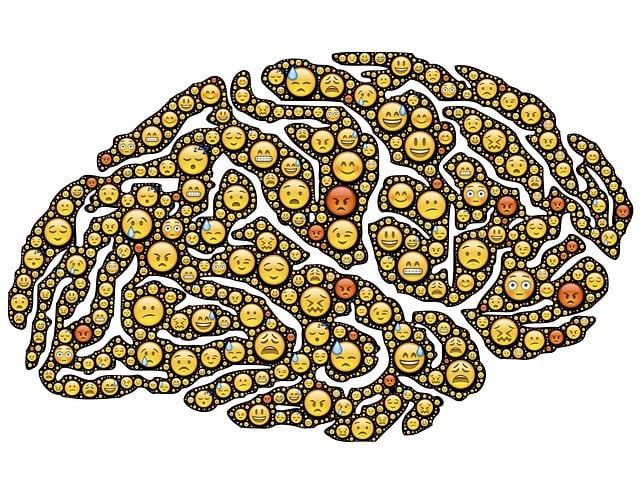Mental wellness journaling integrated with Acceptance and Commitment Therapy (ACT) offers elders a private space to reflect, heal, and challenge mental illness stigma through non-judgmental acceptance and value-driven actions. This approach enhances emotional resilience, fosters self-compassion, and improves quality of life for seniors by cultivating mindfulness and inner strength. Through regular journaling, older adults can track progress, set achievable goals, and maintain motivation while engaging in ACT's cognitive and behavioral techniques, ultimately boosting mood management and life satisfaction.
Mental wellness journaling can be a powerful tool for elders seeking to enhance their mental health. This article explores effective strategies, drawing from the principles of Acceptance and Commitment Therapy (ACT), to guide seniors in cultivating mindfulness and embracing meaningful goals. We delve into creating structured journaling practices tailored to older adults, tracking progress, and celebrating milestones. By integrating these techniques, therapy for elders becomes accessible and engaging, fostering a positive journey towards improved mental wellness.
- Understanding Mental Wellness Journaling for Elders
- The Role of Acceptance and Commitment Therapy (ACT) in Elder Care
- Creating a Therapeutic Journaling Practice for Seniors
- Tracking Progress and Celebrating Milestones in Elder Mental Health Journey
Understanding Mental Wellness Journaling for Elders

Mental wellness journaling can be a powerful tool for elders seeking to improve their mental health and overall well-being. It offers an opportunity for self-reflection and emotional healing processes, allowing individuals to process their thoughts, feelings, and experiences in a safe and private manner. By engaging in this practice, elders can gain insights into their mental illness stigma reduction efforts, enabling them to challenge negative beliefs and promote self-compassion.
Acceptance and Commitment Therapy (ACT) is a therapeutic approach that aligns well with the principles of mental wellness journaling. ACT encourages individuals to accept their emotions and experiences without judgment while committing to actions aligned with personal values. Incorporating these concepts into journaling can help elders cultivate a non-judgmental mindset, fostering effective communication strategies for discussing mental health concerns with loved ones or healthcare providers. This practice may contribute to enhanced emotional resilience and improved quality of life.
The Role of Acceptance and Commitment Therapy (ACT) in Elder Care

Acceptance and Commitment Therapy (ACT) has emerged as a powerful tool in elder care, focusing on helping older adults accept their experiences while committing to actions that align with their personal values. This therapy approach encourages individuals to cultivate mindfulness and develop inner strength, which are essential for navigating the challenges that often come with aging. By combining cognitive and behavioral techniques, ACT enables seniors to enhance their mental wellness and maintain a sense of purpose.
In the context of social skills training and mental wellness coaching programs development, ACT plays a pivotal role in fostering resilience. It assists elders in letting go of unhelpful thoughts and behaviors, promoting instead a more flexible and adaptive mindset. This therapy isn’t just about managing symptoms; it empowers seniors to embrace their unique life stories while pursuing goals that bring them joy. Through inner strength development, older adults can continue to grow and contribute, ensuring a higher quality of life in their later years.
Creating a Therapeutic Journaling Practice for Seniors

Maintaining mental wellness becomes increasingly important as individuals age, and establishing a consistent journaling practice can be a powerful therapeutic tool for seniors. This simple yet effective method encourages self-reflection, emotional processing, and personal growth—all vital components of therapy for elders. Journaling allows older adults to explore their thoughts and feelings, fostering a deeper understanding of themselves and potentially improving their overall well-being.
Incorporating Acceptance and Commitment Therapy (ACT) principles into this practice can be particularly beneficial. ACT encourages individuals to accept their emotions without judgment while committing to actions that align with personal values. For seniors, this approach can facilitate mood management, enhance life satisfaction, and even boost confidence as they learn to navigate their emotional experiences with greater ease. Additionally, regular journaling can serve as a valuable risk assessment tool for mental health professionals, offering insights into an individual’s mental state and progress over time.
Tracking Progress and Celebrating Milestones in Elder Mental Health Journey

As elders embark on their mental wellness journey, tracking progress is a powerful tool to foster growth and maintain motivation. Journaling provides a personal space to reflect on thoughts and emotions, allowing individuals to identify patterns and strengths. By setting achievable goals and regularly reviewing them, one can celebrate milestones and acknowledge their resilience. For instance, overcoming fears or embracing new self-care practices might be significant achievements. These victories contribute to an enhanced sense of well-being and encourage continued effort.
Acceptance and Commitment Therapy (ACT) offers valuable techniques to facilitate this process. It encourages individuals to accept their emotions without judgment, fostering a non-resistive mindset. As elders navigate their mental health landscape, recognizing progress through journaling can strengthen their commitment to therapy and self-improvement. This practice not only enhances the therapeutic experience but also empowers them to manage risks and make informed decisions regarding their mental wellness, including risk management planning with professional guidance.
Mental wellness journaling can be a powerful tool for elders to enhance their well-being, offering a safe space for self-reflection and personal growth. By integrating practices inspired by Acceptance and Commitment Therapy (ACT), seniors can develop a deeper understanding of their thoughts and emotions, fostering resilience and improving mental health. This article has guided readers through establishing a therapeutic journaling routine, tracking progress, and celebrating milestones. Embracing this practice can significantly contribute to the overall well-being of elders, encouraging them to navigate life’s challenges with increased adaptability and a stronger sense of self.














